Queue Nelly Furtado's 'Turn Off the Light'! This Saturday, March 27th is Earth Hour! Every year, millions of people around the world participate in this fun and important activity by turning off their lights for a full hour starting at 8:30 pm.
Earth hour is about the collective power of individuals participating in a global conservation and pressing for action. We're all on the same page in terms of climate change and keep this conversation going about what we can do to do better.
We've all heard the quote "It's just one straw, said 8 billion people" and you can definitely relate this to Earth Hour, but with a positive spin! Just think— if everyone around the world turned off their lights for a full hour, we would save heaps of energy!
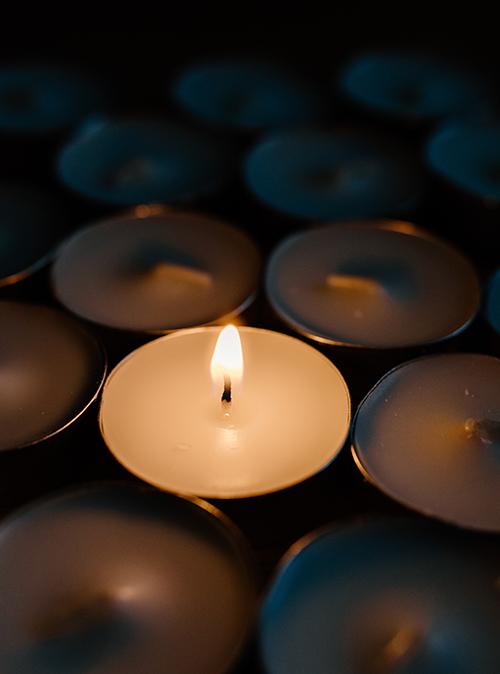

What is Earth Hour?
WWF's Earth Hour is the World's biggest movement to protect our planet. Every year hundreds of millions of people around the world in over 180 countries take part. People do a wide range of things around the hour to show they care about our planet’s future. Millions choose to mark Earth Hour by going ‘lights out’ for 60 minutes at 8.30pm – a symbolic show of solidarity.
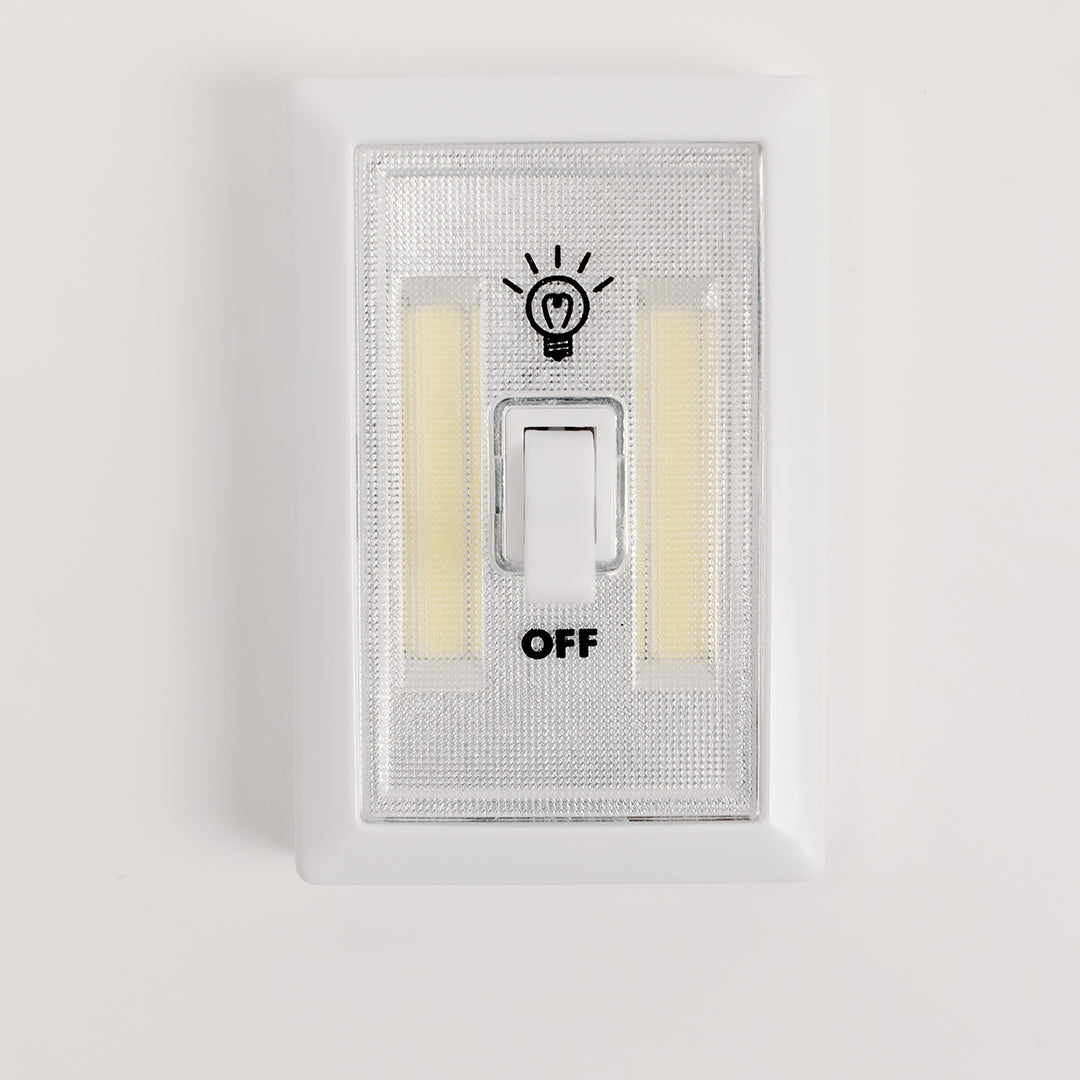

Sign up to Switch Off!
This year the WWF is inviting everyone to sign up to #SwitchOff, to show their support for a renewables future. Most Aussies are on board with a greener future, because, well— we really have no choice, it's now or never.
This year's theme encourages everyone around the globe to make the switch to a carbon-neutral or green energy provider and they give heaps of resources, so you won't be left in the dark! See what we did there?
10 easy ways you can Switch For Nature
- Switch to an ethical superannuation
- Switch to a planet-friendly mobile plan
- Switch to solar power
- Plant for pollinators in your garden
- Choose carbon offsetting wherever you can (and understand why it works). We carbon offset all our orders here at F&F.
- Choose high-quality clothing that lasts, only donate wearable clothing
- Reduce your food waste and make sure to compost!
- Switch to different forms of planet-friendly transportation
- Switch to a carbon-neutral or green energy provider
- Switch to a reusable coffee cup
You can read more about their switches for nature here.
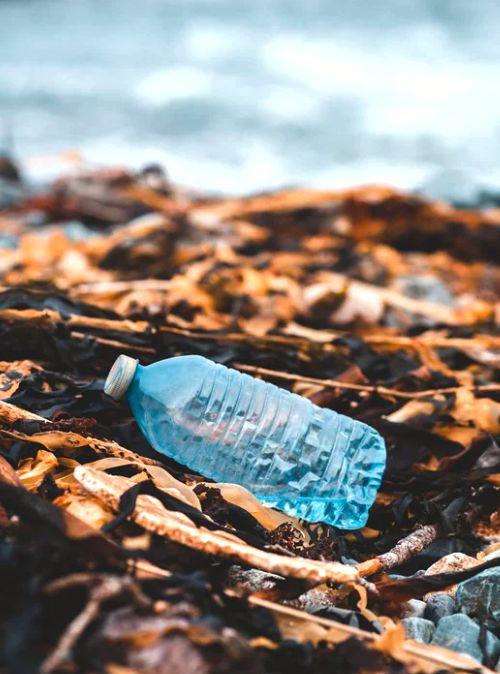

Why is Earth Hour important?
Earth Hour aims to spark conversations about what it takes to protect our planet. And it starts by connecting to nature. So, this year is a great opportunity to connect and appreciate Australia’s precious natural environment.
Our planet is suffering from our actions and climate change. The earth is polluted and 1 in 6 species of animals are at risk of becoming extinct. There will be more plastic in our oceans than fish by 2050 and the UN estimates that we only have about 12 years to avoid climate catastrophe. We're not in a good place and we need to take action. Close to home some native animals are becoming endangered and may well become extinct. These include...
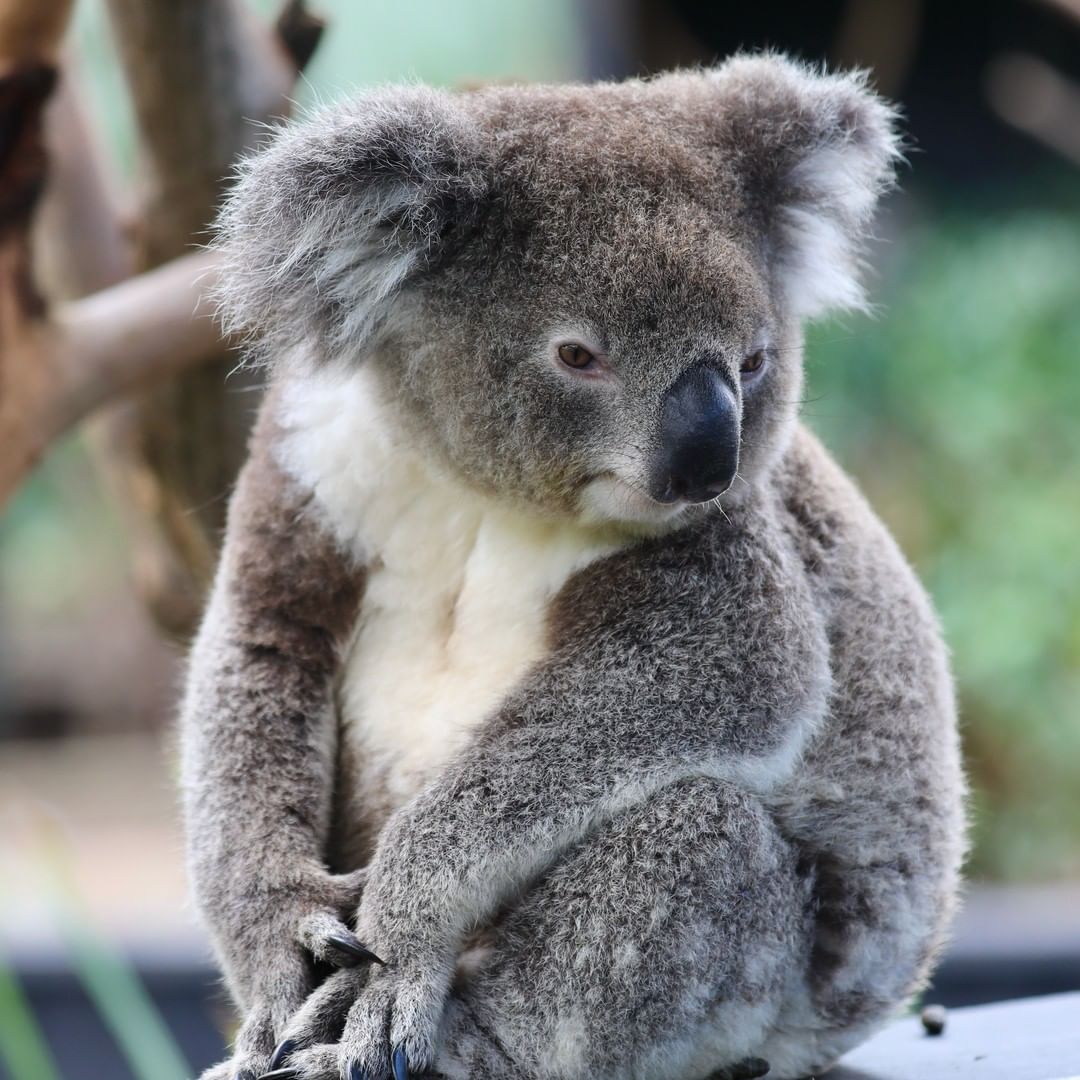

Koalas
Deforestation and climate change are resulting in less food and poorer quality meaning koalas are travelling more for food bringing them into towns and unsafe habitat leaving them vulnerable. Read more on Koalas and Why We Need to Help.
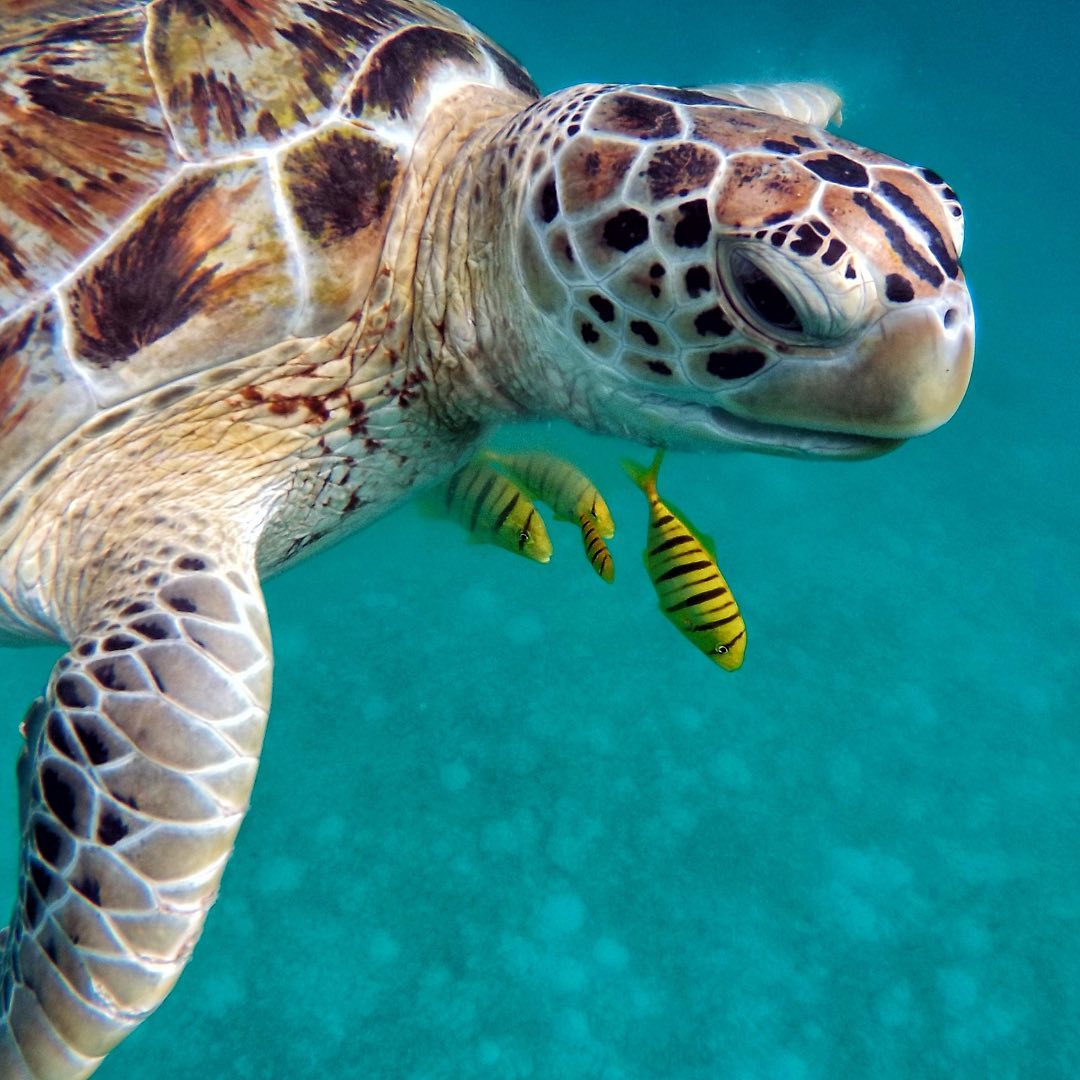

Green Turtles
99% of juvenile turtles at the Howick Group of Islands have now been identified as female. The sex of green turtles is determined by the incubation temperature of the eggs. Since the eggs are buried in the sand, the warmer the weather, the warmer the sand, and the higher probability of females being born. Without males we have a problem! The WWF is working with partners to help cool the sand on Milman Island to help this situation. Read more about how you can help save the turtles.
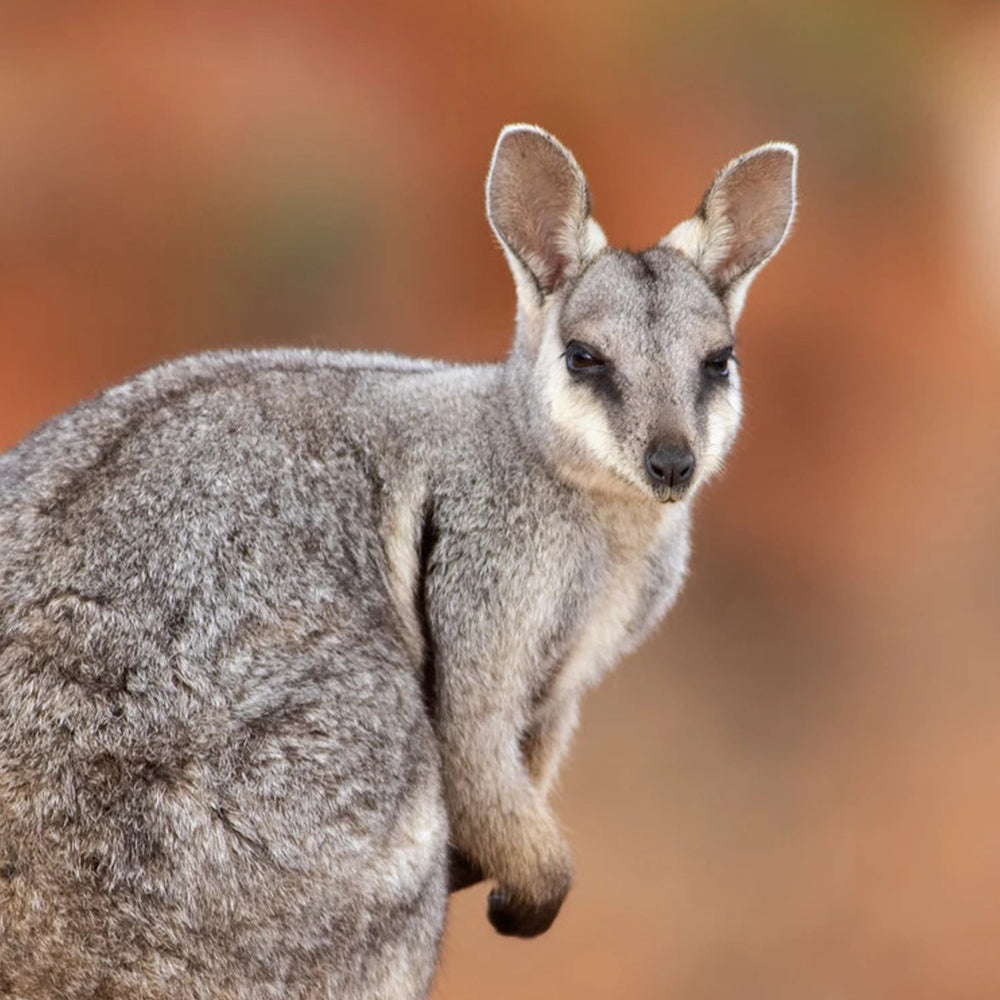

Black-Flanked Rock-Wallaby
Their habitat includes the desert and bush in many parts of Northern and Western Australia, such as the Kimberley. As the temperatures warm, we'll see more severe and longer droughts, resulting in increased competition for less food, as well as habitat loss. These beautiful animals don’t like to roam outside their habitat range to look for food so will have nowhere to go.
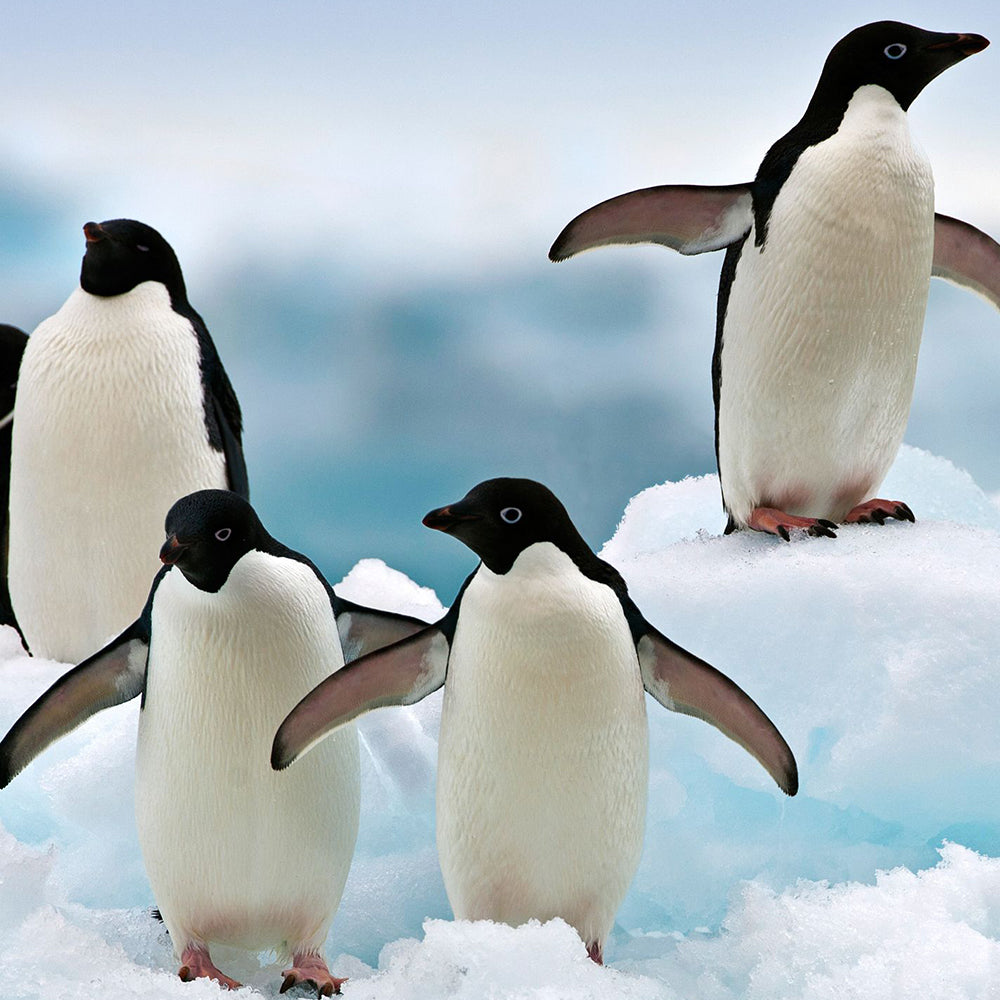

Adélie Penguins
The Antarctic is one of the fastest-warming places on the planet. Warmer temperatures mean that ancient ice sheets are melting, contributing to rising sea levels which is having a big impact on much of the wildlife that Antarctica and, its icy waters, call home. Read more about how you can help the penguins.
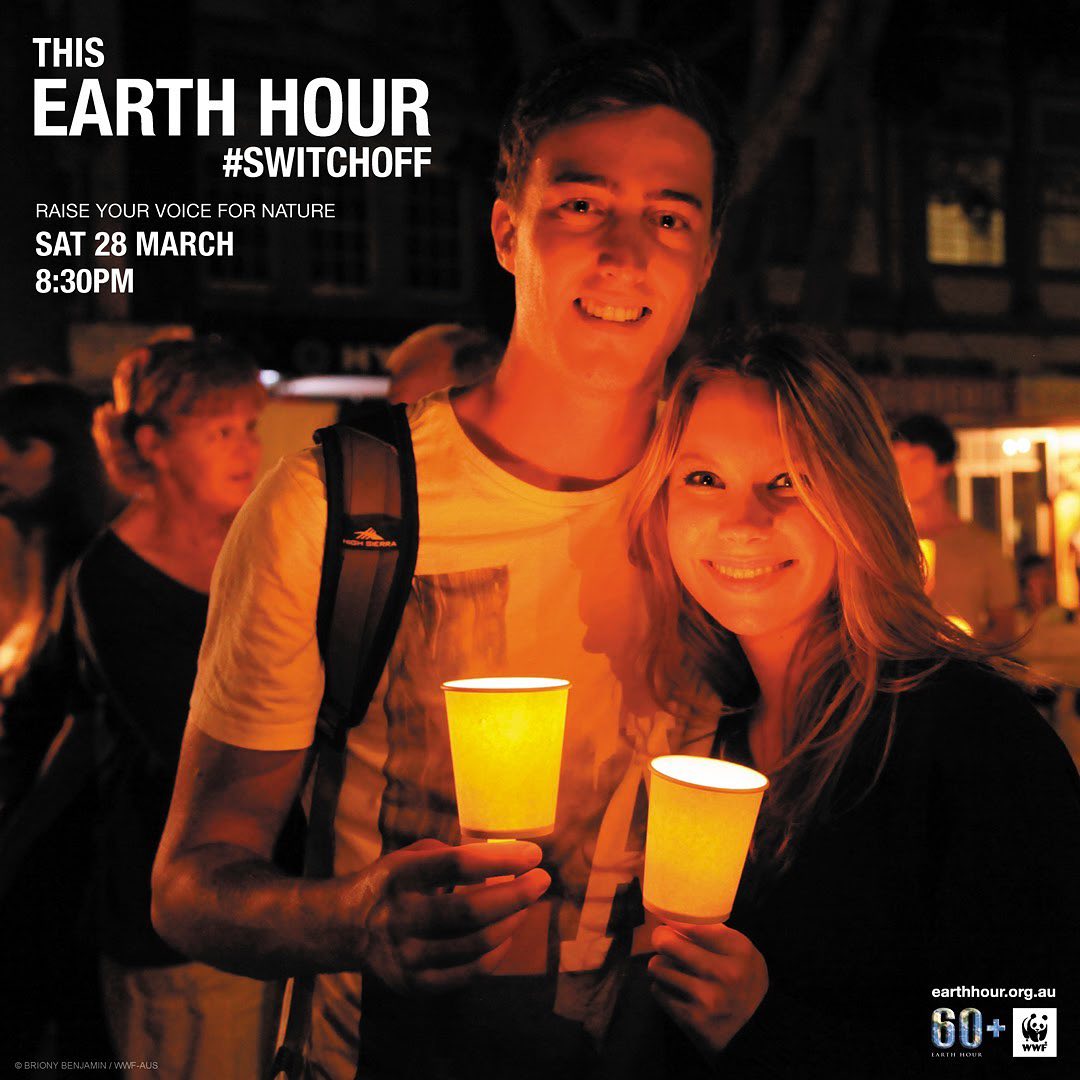

What Can You Do This Earth Hour
- Sign up to Earth Hour and declare your support here.
- Turn off all lights and electricity this Earth Hour and use that time to spend having a conversation
- Educate your friends and family about Earth Hour via social media
- Engage your community to 'turn off'
- Organise a beach or street clean up
- Organise a candlelit vigil at 8:30pm
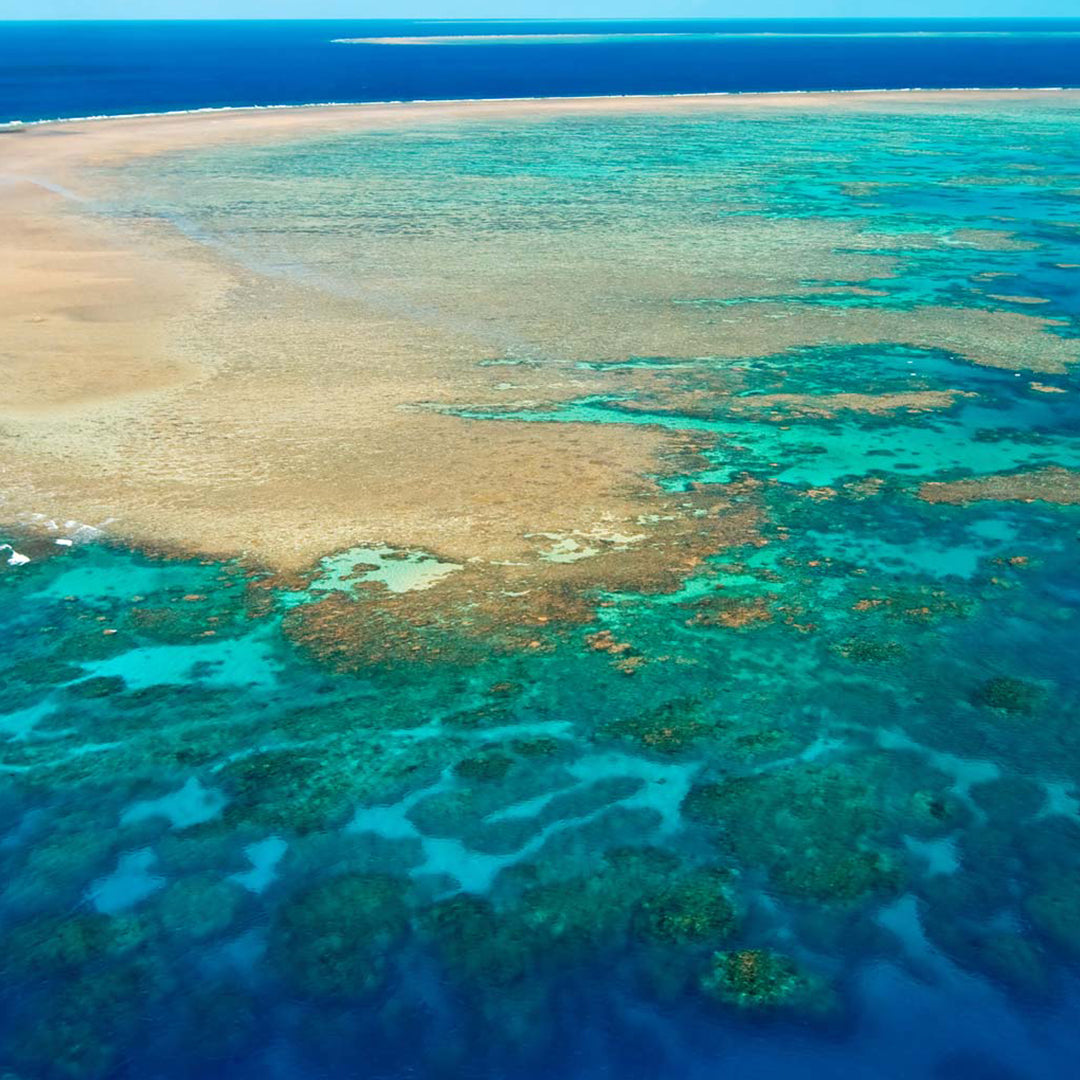

Don't Stop at Earth Hour
Earth Hour is the start of the conversation. Keep it going by choosing to reduce your impact on the environment:
- Choose reusables over single use plastic.
- Reduce your power output - hang clothes outside instead of tumble drying, use solar or wind power where wvailable, turn lights and electricity off when not using it
- Choose options with better packaging like shampoo bars and items with plastic free packaging
- Recycle - contact your local council to find out what can be recycled. Work with us to recycle your beauty products
- Share and Swap - share car rides, arrange clothing swaps and share ideas!
- Engage your local MP to see what is being done and get climate action higher on their agenda. The more we talk about it the more that will happen
You can find out more abour Earth Hour here.
Will you participate in Earth Hour this year? Make sure to let your family and friends know and organise a fun activity to do together!
If you liked this blog, you'll probably like these too:
ACT To Give Rebates For Electric Cars


